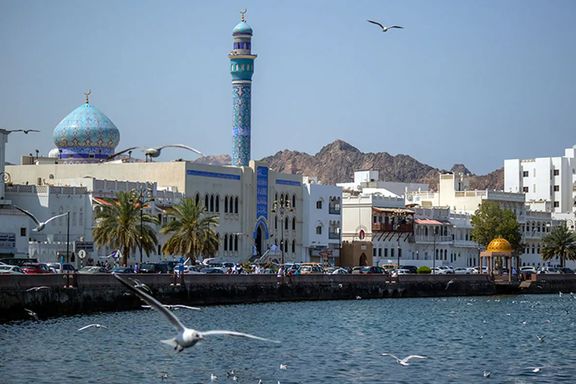Iran Leverages Oman As Export Gateway Amid Sanctions

Amid international sanctions, Iran has touted Oman as a key player in its strategy to bypass global trade restrictions.

Amid international sanctions, Iran has touted Oman as a key player in its strategy to bypass global trade restrictions.
Hamidreza Salehi, a member of the joint Iran-Oman Chamber of Commerce board, said that Oman serves as a conduit for re-exporting Iranian goods into global markets, adding a 30 percent value to bypass export restrictions.
“Although these goods are marketed under the Omani brand in global markets, this trade holds substantial profits for Iranian traders,” he added.
Last year, trade between Iran and Oman surged to about $1.2 billion, with $700 million stemming from Iranian exports.
It is part of a broader scheme involving the Revolutionary Guards (IRGC) and its network of oil laundering operations. These networks, which span across countries like the UAE, Turkey and Malaysia, facilitate covert financial transactions and support Tehran's proxy activities.
Despite the sanctions imposed since 2018 and earlier, the Iranian government, under President Ebrahim Raisi, has boasted about its ability to circumvent them, sustaining the nation's economy with a flow of foreign currency from nearly 1.5 million barrels of oil exported daily, primarily to China. The figure marks a significant increase from the mere 200,000 barrels per day exported following the re-imposition of US sanctions in 2019.
Critics within Iran have pointed out that such operations, often controlled by the IRGC, not only undermine the potential for economic reform but also benefit an elite group within the regime, known as "sanctions profiteers."